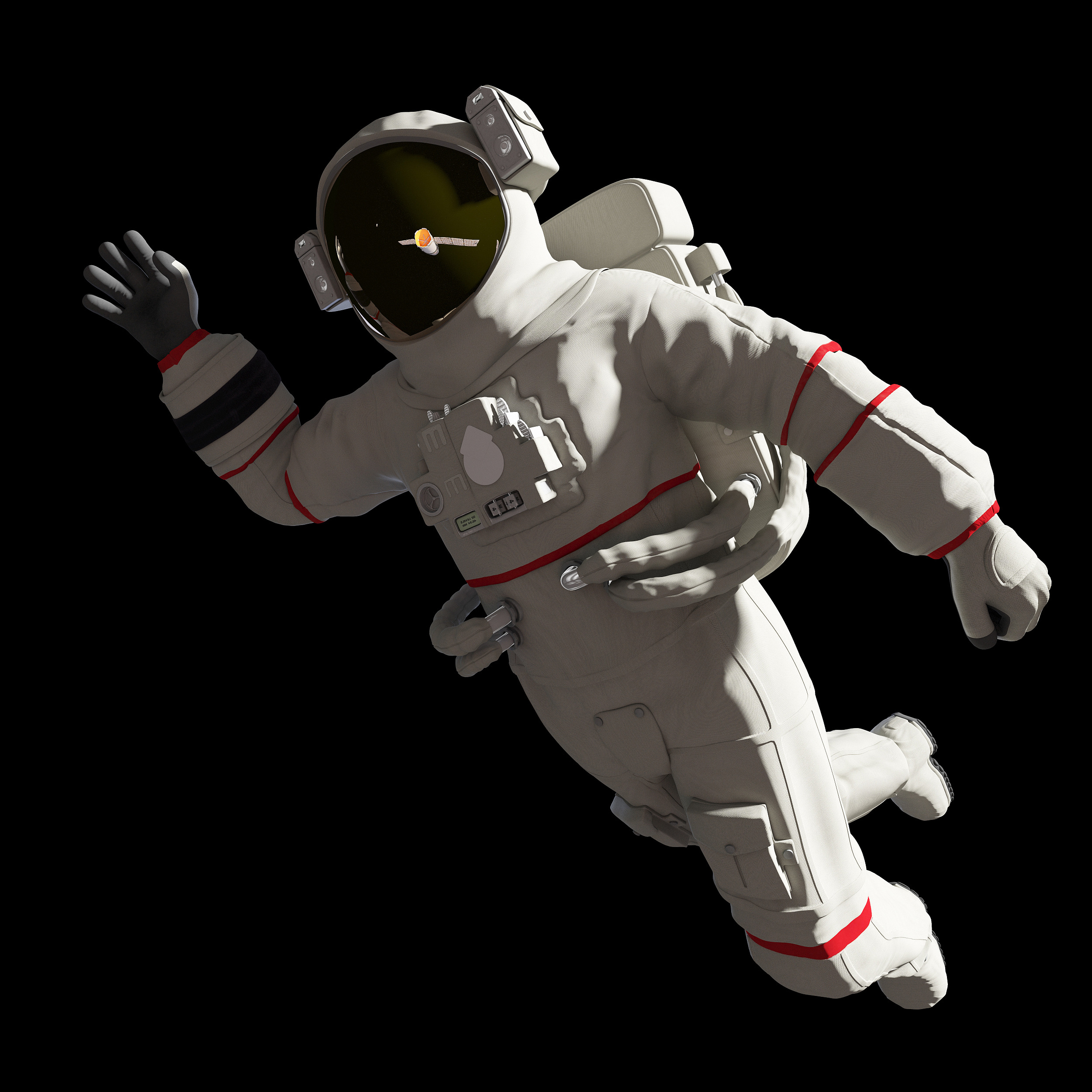Fourth Batch of Taikonauts Selected

PHOTO:?VCG
By?Staff?Reporters
On June 11, the China Manned Space Agency (CMSA) announced the selection of 10 candidates for its fourth batch of astronauts. The group comprises eight space pilots and for the first time, two payload specialists from the Hong Kong and Macao special administrative regions. The move received strong local support and enthusiastic participation.
The candidates will undergo comprehensive training at the China Astronaut Research and Training Center in Beijing. Huang Weifen, chief designer of the manned space program's astronaut system, said the training program includes fundamental courses in geology, field studies, and geological surveys to prepare the astronauts for both space station missions and future lunar missions. Preparations for manned lunar landing missions by 2030 are underway, with training simulators being developed.
The selection process began in late 2022. The applicants faced a series of stringent evaluations, including clinical medical exams, physiological and psychological tests, and endurance trials to ensure they would be able to withstand the challenges of space.
In late May, the CMSA announced plans for a manned lunar landing by 2030. Huang said every aspect of assembling an astronaut team—from hiring to training—has been planned to support both current space station operations and upcoming lunar expeditions.
China's previous astronaut selections included 14 air force pilots in 1998, seven in 2010, and 18 in 2020, who included pilots, flight engineers, and payload specialists.
The CMSA is also expanding international cooperation. Foreign astronauts will be invited to participate in China's selection and training processes and missions aboard China's space station.
The selection and training system reflects the country's broader ambitions in space exploration, including the planned International Lunar Research Station. This showcases China's commitment to advancing space technology and promoting international collaboration for peaceful use of outer space.







